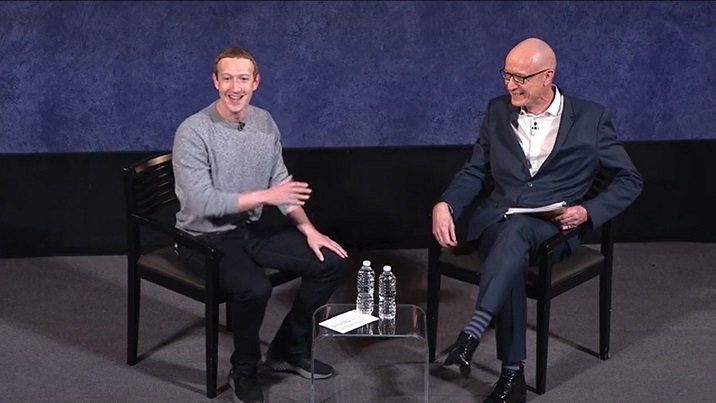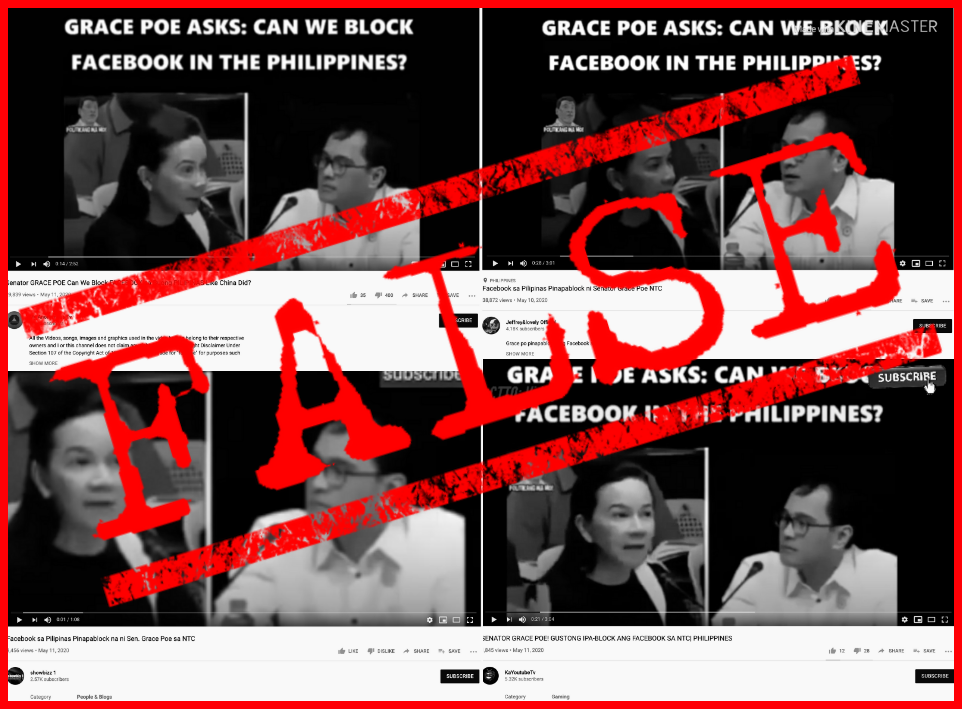Facebook announced Oct. 23 it has taken down 95 pages and 39 accounts related to spam and clickbait behavior in the Philippines.
While the full list was not provided, Facebook mentioned the following pages: Duterte Media, Duterte sa Pagbabago BUKAS, DDS, Duterte Phenomenon, DU30 Trending News, Hot Babes, News Media Trends, Bossing Vic, Pilipinas Daily News, Like and Win, and Manang Imee, Karlo ang Probinsiyano.
Some 4.8 million users, according to Facebook, followed at least one of these pages.
In its press release, the social media giant said these pages and personal accounts violated its spam and authenticity policies “by encouraging people to visit low quality websites that contain little substantive content and are full of disruptive ads.”
According to its community standards, spam is defined as using “misleading or inaccurate information to collect likes, followers, or shares.”
The 95 pages deleted had content that “ranged from political to entertainment,” Facebook said, and that they were all “sharing links to the same advertising click farms off Facebook.”
In May, VERA Files analyzed a slew of celebrity death hoaxes that went viral on Facebook, and found that a single network of interrelated websites may have been behind all the fakery — the websites shared similar advertising codes and used identical tricks to deceive readers and rake in all the money. (See: VERA FILES FACT CHECK: The scheme behind scams: Why death hoaxes don’t die)
In the succeeding months, this network of websites added fake, titillating stories to trick readers into going to their websites inundated with advertisements.
Some of these fake stories range from sex scandals and heinous crimes to misrepresented social service benefits:
-A fabricated report on an OFW “mutilated” and “raped” by Saudi Arabians
-A fake sex video of former Bureau of Corrections chief and senatorial candidate Ronald “Bato” Dela Rosa and his “mistress.”
-A clickbait story on corpses of foreigners floating in Boracay’s waters;
-A false report on Filipino senior citizens receiving P6,000 in monthly pensions.
The volume of ads on the websites publishing these hoaxes clearly shows “money is a big driver for these kinds of hoaxes,” says Maarten Schenck, a Flemish application developer who monitors and debunks misinformation online.
He believes these ads are run for the exact kind of audience its ad networks’ clients are looking for: “People who believe anything on the internet and will click on everything you put in front of them.”
Facebook says they are continuously monitoring their platform for different kinds of abuses, and will remove any account or Page that breaks their community standards.
“This action is part of our integrity efforts in the Philippines to make sure that the platform remains safe and provides meaningful content to its users,” Facebook spokesperson told VERA Files.
VERA Files became one of Facebook’s third-party fact checkers in April.





